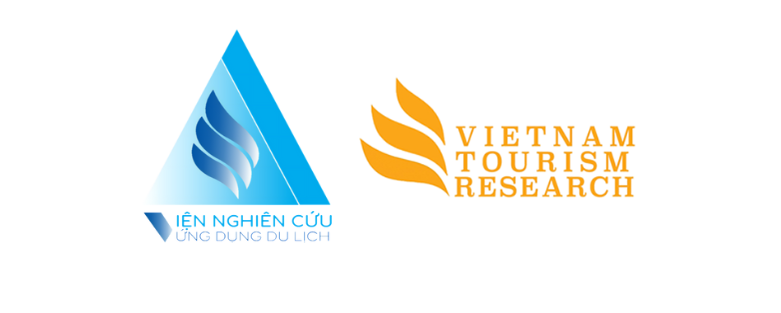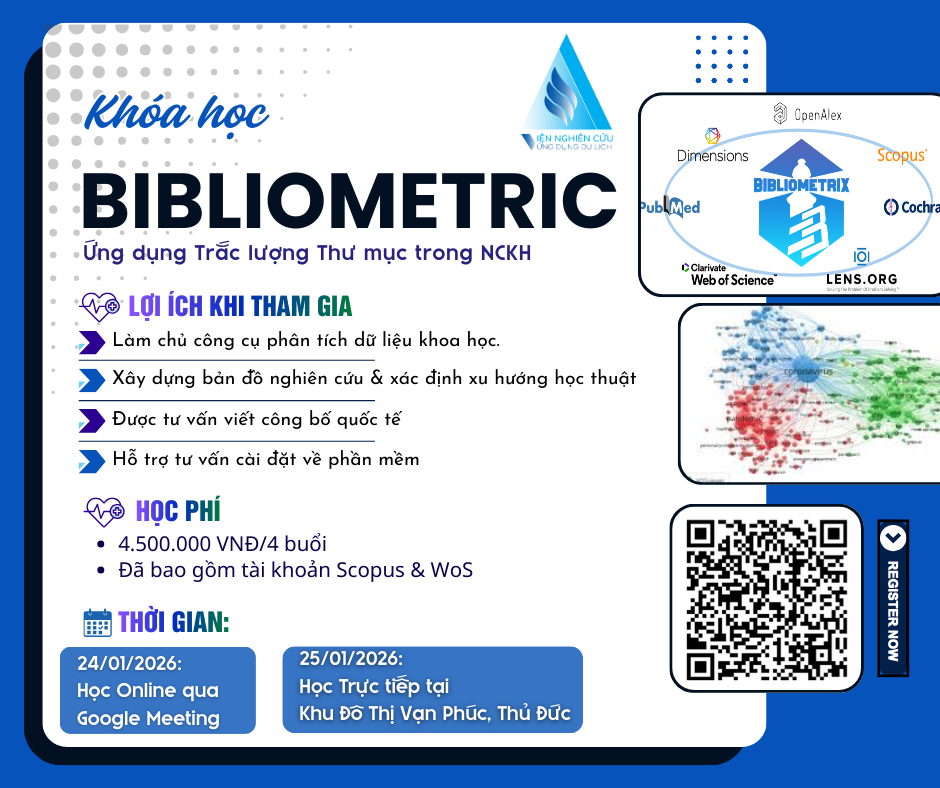This post is also available in:
Tiếng Việt (Vietnamese)
This article examines how the Walla Walla Valley (Washington, USA) has emerged as a model of modern rural tourism development, propelled by extensive community engagement and strategic backing from the Rural Tourism Support (RTS) Program. Through cross-sectoral collaboration, respect for local identity, and a sustainable destination marketing approach, Walla Walla is transforming into a center of storytelling—where tourism serves as both an economic and cultural driver, offering valuable lessons for rural regions worldwide.
Seizing Opportunity Through a Strategic Program
Nestled between eastern Washington and northeastern Oregon, the scenic Walla Walla Valley has become the third prominent destination to join the Rural Tourism Support (RTS) Program. Managed by State of Washington Tourism, the RTS initiative is not merely a standalone effort but rather a long-term strategy aimed at reimagining rural tourism through a holistic development lens.
The program’s objective is to reassess development potential, connect diverse stakeholders, and—most critically—foster experiential tourism products. This marks a pivotal shift in rural tourism’s trajectory, from a supplemental role to becoming a central pillar of regional socio-economic advancement.
Community at the Core: The Key to Success
Unlike previous fragmented initiatives, Walla Walla distinguishes itself through robust community cohesion. Far from being driven solely by the tourism sector, the initiative has mobilized a full spectrum of local stakeholders: city councils, policy planners, tribal representatives, land managers, and small business owners.
Notably, Walla Walla established a multidisciplinary steering committee that includes representatives from all key sectors. This governance structure ensures shared knowledge, transparency in decision-making, and fosters long-term collaborative momentum. The result is a strategically designed, sustainable tourism ecosystem with a far-reaching vision.
Knowledge Sharing as a Catalyst for Innovation
Through a series of in-depth workshops and knowledge exchange sessions, Walla Walla’s latent potential was reevaluated from a refreshed perspective. Creating a platform for collective reflection on local strengths has “unlocked” a wealth of previously untapped ideas—many of which had been overlooked or lacked the resources for implementation.
This process introduced a more integrative model of tourism development—one that weaves together culture, nature, agricultural economies, and Indigenous community life. The convergence not only enriches the visitor experience but also deepens local pride and reinforces regional identity.
A Modern Development Model: Empowerment and Sustainable Partnerships
State of Washington Tourism has clearly defined its role not as a “commander” but as a “strategic partner.” By offering technical expertise, funding, and modern organizational frameworks—while allowing communities to chart their own course—this approach exemplifies progressive destination governance.
Allowing regions like Walla Walla to devise their strategic plans based on foundational support strengthens endogenous capacity and fosters sustainability. While the tourism agency remains a supportive ally, it steps back at the right moment to let the community take ownership of its development path.
Cross-Sectoral Engagement: From Councils to Citizens
A standout aspect of Walla Walla’s program is its ability to mobilize broad societal participation. Beyond local authorities and experts, ordinary citizens, small enterprises, cultural organizations, and tribal communities are all actively engaged in shaping the strategy. This has produced a robust support network, ensuring the program’s impacts resonate throughout the entire community.
Stories shared during workshops—from local farms and artisanal villages to preserved hiking trails—paint a vibrant portrait of place-based tourism. When residents participate in shaping tourism, they are not just beneficiaries but stewards of their cultural and environmental heritage.
Long-Term Potential and Lessons for Other Rural Regions
Walla Walla is not only poised to become a leading example of sustainable tourism within Washington State, but it also offers transferable lessons for rural areas across the U.S. and globally. Its model—grounded in community integration, cultural respect, and in-depth product design—proves that a destination need not become a conventional “tourism city” to be compelling.
The key lies in recognizing existing assets, leveraging local strengths, and applying strategic communication within an inclusive collaborative framework. If implemented with rigor, other rural communities can similarly transform perceived disadvantages into competitive advantages—emerging from obscurity to become sought-after destinations.
From Present to Future: A Journey of Collective Hope
Walla Walla has not merely “participated” in a program—it has transformed it into a unifying force, a wellspring of inspiration, and a springboard for a new era of regional development. When tourism is community-driven, supported by professional insight, and grounded in local empowerment, it does more than stimulate growth—it nurtures long-lasting vitality.
In the post-pandemic context and amid shifting economic development paradigms, Walla Walla’s experience offers profound insights for rural regions seeking answers to a crucial question: How can development proceed without sacrificing identity? The answer, perhaps, begins with two words: “Together forward.”











